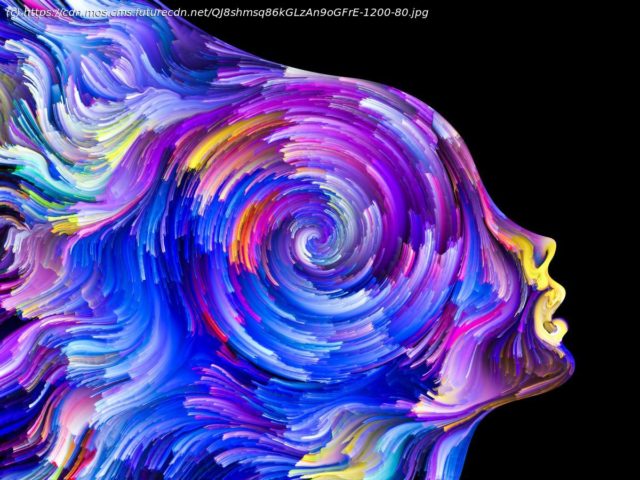How do modern researchers answer this age-old question?
Humans once assumed our planet was the physical center of the solar system, so it’s no surprise that we also think highly of consciousness, the apparently unique quality that allows our species to contemplate such matters.
But what is consciousness? The topic has been extraordinarily controversial in the scientific and philosophical traditions. Thinkers have spent an immense amount of time and ink trying to unravel mysteries, such as how consciousness works and where it resides.
The short answer isn’t very satisfying. Scientists and philosophers still can’t agree on a vague idea of what consciousness is, much less a strict definition. One reason for that is that the concept is used to mean slightly different things. Many experts agree, however, that conscious beings are aware of their surroundings, themselves and their own perception.
Related: Can we ever stop thinking?
But the long answer leaves room for hope because researchers seem to be getting closer to an answer.
Something special?
Contemporary researchers have shown they can use a brain-scanning technique known as functional MRI to detect consciousness by indirectly measuring blood flow in the brain, a process that may indicate which areas of the brain are more active than others. But, for millennia, there was no way to collect evidence of this phenomenon. That made the topic challenging for thinkers who prized rationality and methodical experimentation.
In the Western world, the Italian astronomer Galileo Galilei tried to push anything to do with consciousness outside of the realm of scientific inquiry. A generation later, French mathematician and philosopher René Descartes brought consciousness into slightly sharper focus with his argument that mind (or soul) and body are two fundamentally different things. This position is called mind-body dualism.
« The vast majority [of thinkers] used to think that consciousness is very special, » Susanna Schellenberg, distinguished professor of philosophy and cognitive science at Rutgers University in New Jersey, told Live Science.






